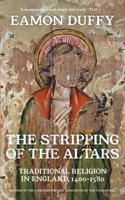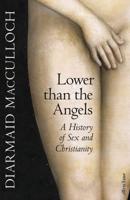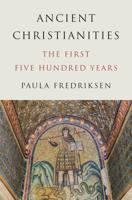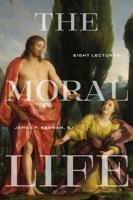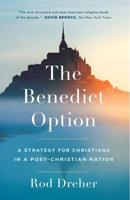Publisher's Synopsis
Environmental issues have in recent years come to the centre stage of political and ethical debate. This is a crucial topic to engage in this series. Moreover, there has long been the charge, classically formulated by Lynn White Jr, that the biblical and Christian tradition has legitimated and encouraged humanity's aggressive domination of nature to serve human interests. Biblical visions of the future, with destruction for the earth and rescue for the elect, might also seem to discourage any concern for the earth's future or the welfare of future generations. In this volume, David Horrell sets out this context for discussion, and illustrates the diverse ways in which the Bible has been interpreted in relation to issues of ecology and the environment. A wide range of biblical texts are discussed, from "Genesis" to "Revelation", and competing interpretations are contrasted and evaluated. This analysis shows that the Bible provides a thoroughly ambivalent legacy, which cannot straightforwardly provide positive teaching on care for the environment, but nor can it simply be seen as an anti-ecological book. Finally, then, Horrell argues that what is needed is the explicit development of an 'ecological hermeneutic'. This involves constructing certain interpretative lenses which both arise from the engagement between our contemporary context and the biblical text and also generate a new reading of the biblical tradition appropriate to face the challenges of the ecological issues that face humanity at the beginning of the third millennium.


